What makes a company a wellbeing company?
Wellbeing companies consider the wellbeing of their guests, employees, the society and nature in their everyday working routine. In the implementation of the different sections – body, mind, soul, environment, society and economy – the measures can look very different. To help you understand, whether a company is considered a wellbeing company, the following questions serve as an orientation. Above all, they also reveal possible fields of action that can contribute to the general wellbeing in the sense of wellbeing tourism. For both, hosts and guests.
General questions
- Does the company provide information to customers on one or more environmental transport options to the venue (on website, booking sites etc.)? Examples: For remote places in the countryside: Offering an eCar for car sharing; shuttle service to public transport.
- Is the copmany welcoming towards everyone? Accepting attitude towards people of different gender, ages, sexual orientation, ethnicity and, religious beliefs. It is not meant to provide fully physical accessibility to the venue.
- Are you collaborating with local actors such as SMEs, NGOs, local tourism organization or others? Examples: Advise our guests on other local destinations, activities, services, and products; Inform the local tourism agency and the municipality about our business and wellbeing concept; Cooperate with local community association to create memorable local activities; Invite fellow companies and NGOs to inform about our concept, which may generate a new network among local actors; Shared facilities (like a swimming and sports facility for schools or the community), shared logistics/transport.
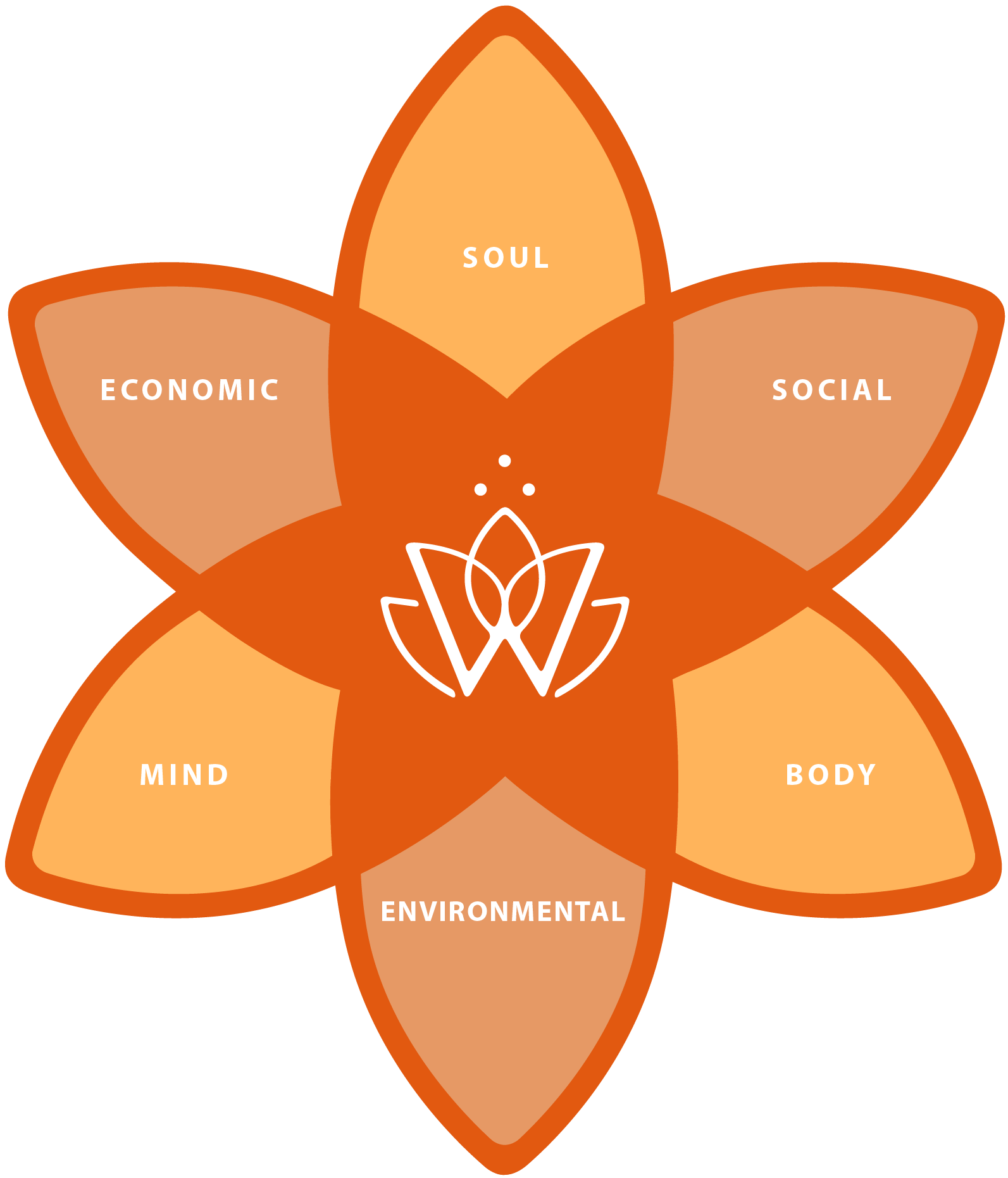


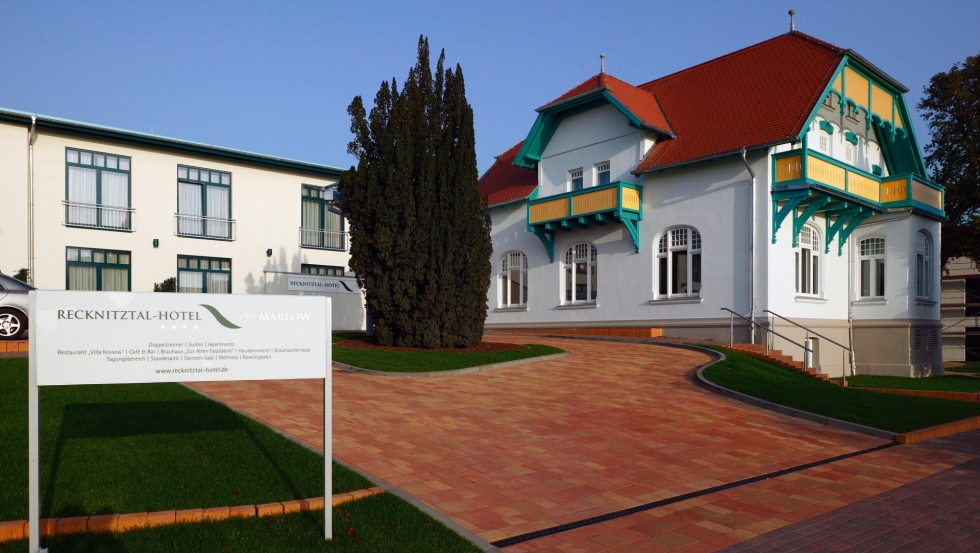
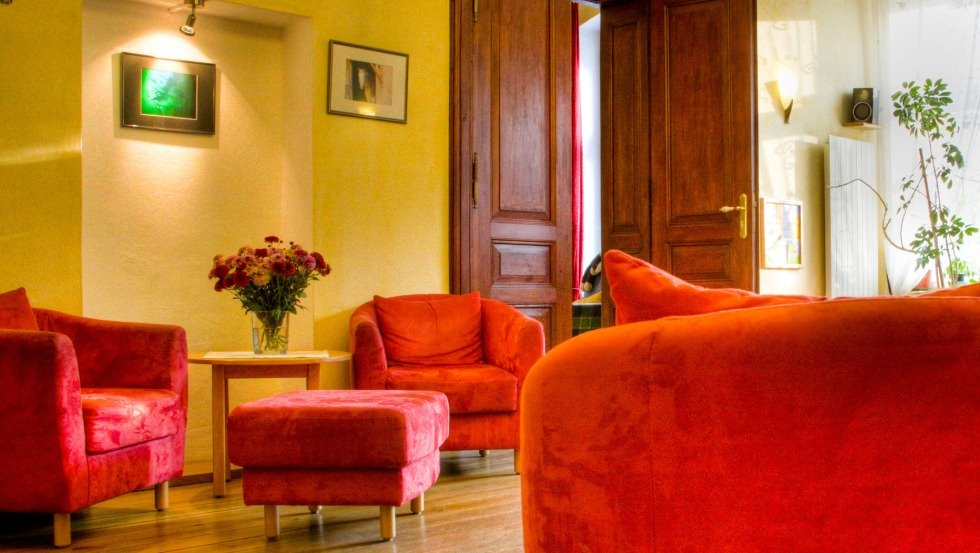
Questions for accomodation
- Do they pay attention to a decoration which is particular pleasant for the eyes so that the guests feel at ease? Examples: Genuine paintings, artwork, pottery, sculptures, fountains, ponds, flowers, plants, mood lightning, textiles, interior or exterior decorations.
- Is there a peaceful general section in the accommodation open for guests to relax or contemplate? Examples: A silent lounge area; a terrace; a garden; a cozy café or a spa / sauna; a possibility for guests to retreat somewhere on the estate.
- Are there at least a share of wellbeing rooms that ensure sleeping comfort? Examples: Adjustable temperature; fresh air (openable windows); quiet; natural/organic textiles of high quality; blackout blinds; personalized bedding type; special mattresses.
Questions for gastronomy
- Does the company an elaborate strategy on making maximum use of all food products wasting as little as possible? Examples: Include/adjust dishes to include leftover food resources; Offer a sustainable doggy bag for customers; Sell for a discounted price at the end of the day; Donate; Offer left overs to staff to take home or to eat at venue.
- Does the company minimize the use of disposable plastic items (unless required by health or hygiene regulation)? Examples: Avoid vanity items, plastic cutlery, cups, coffee/sugar/cookie sachets, unnecessarily wrappings/coverage for food and cutlery.
- Is the company using a high share of regional* or local* products for food production and informs its customers about it? (*within 250 km) Example: Following the idea to offer local seasonal food; Providing a food/kitchen philosophy in the menu card.
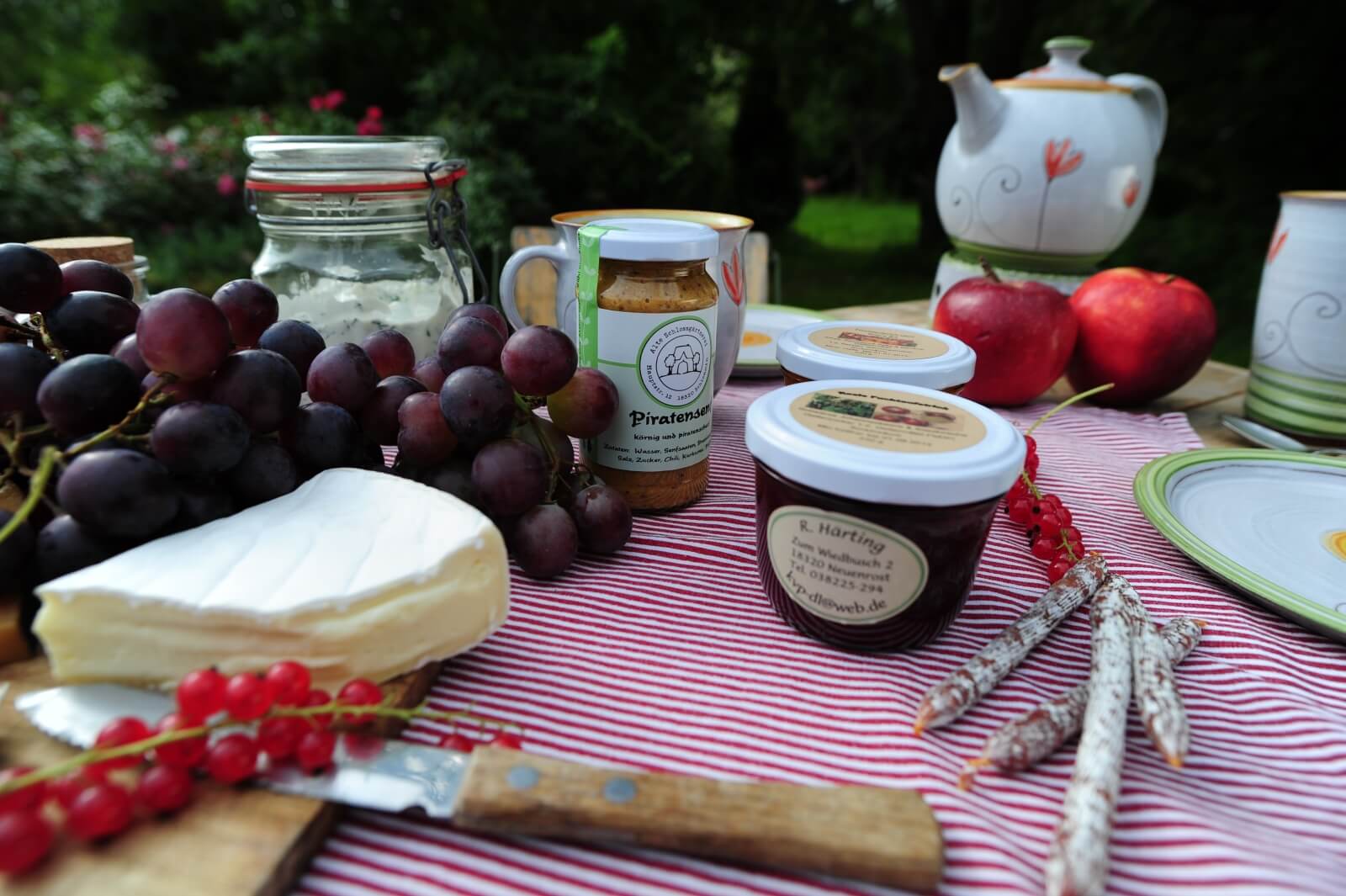
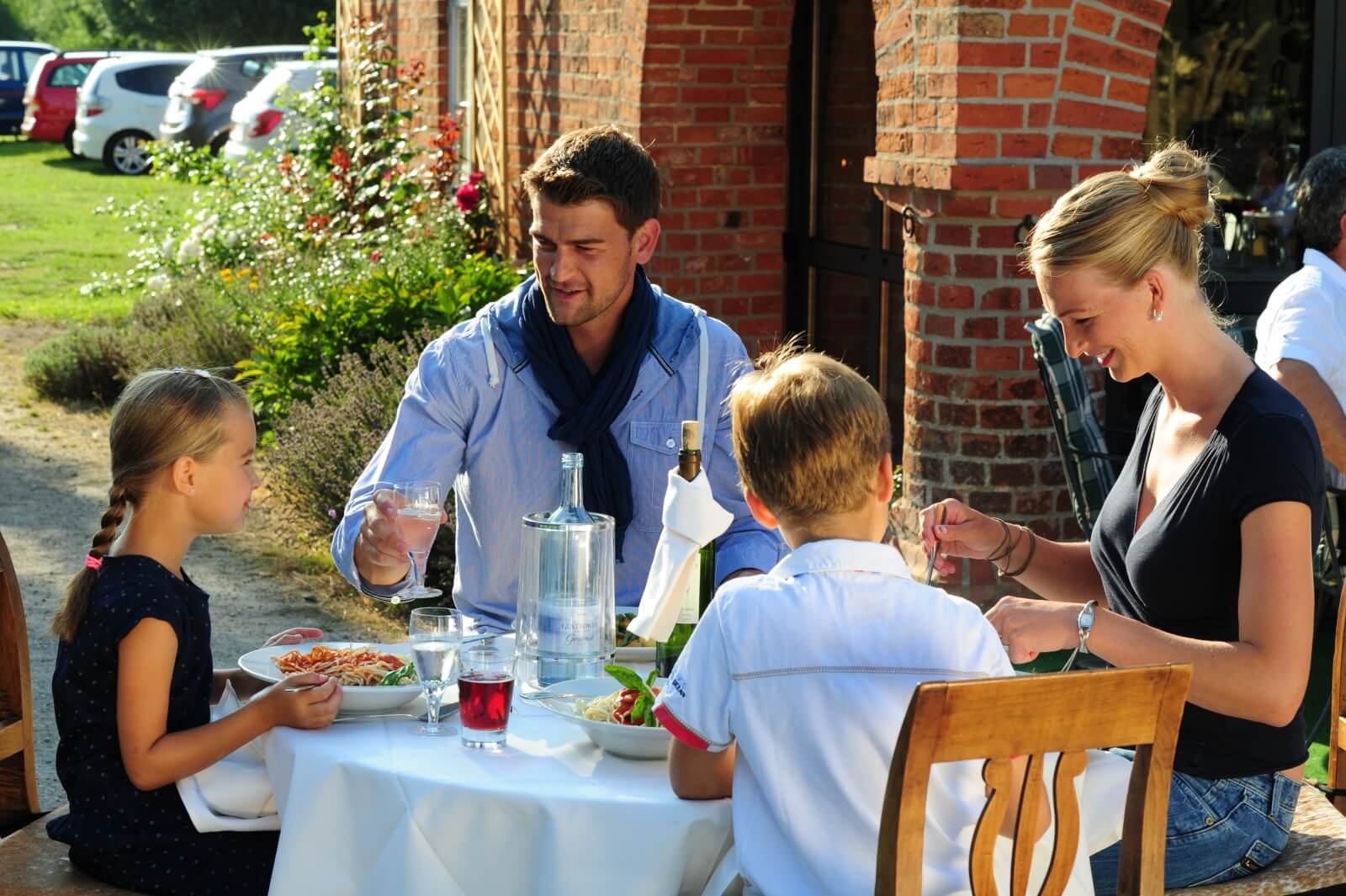
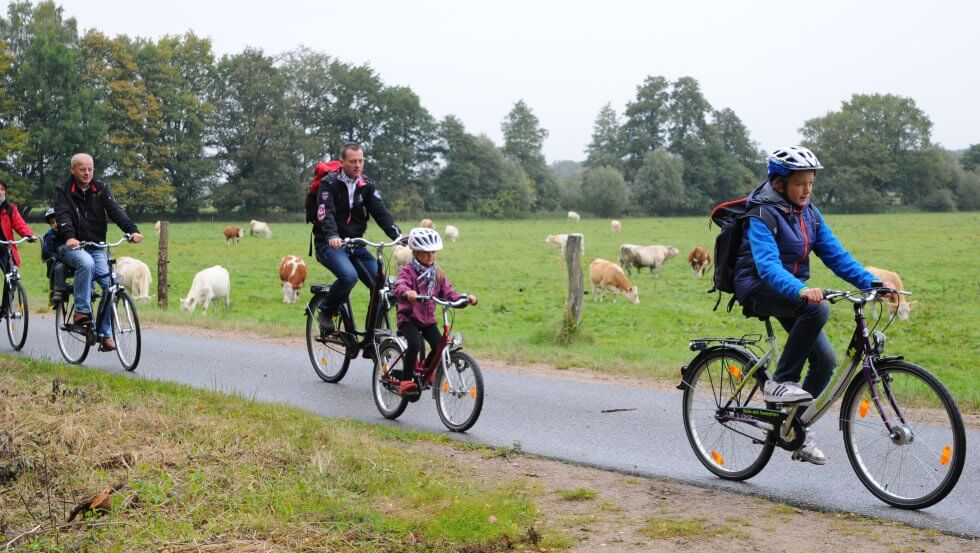
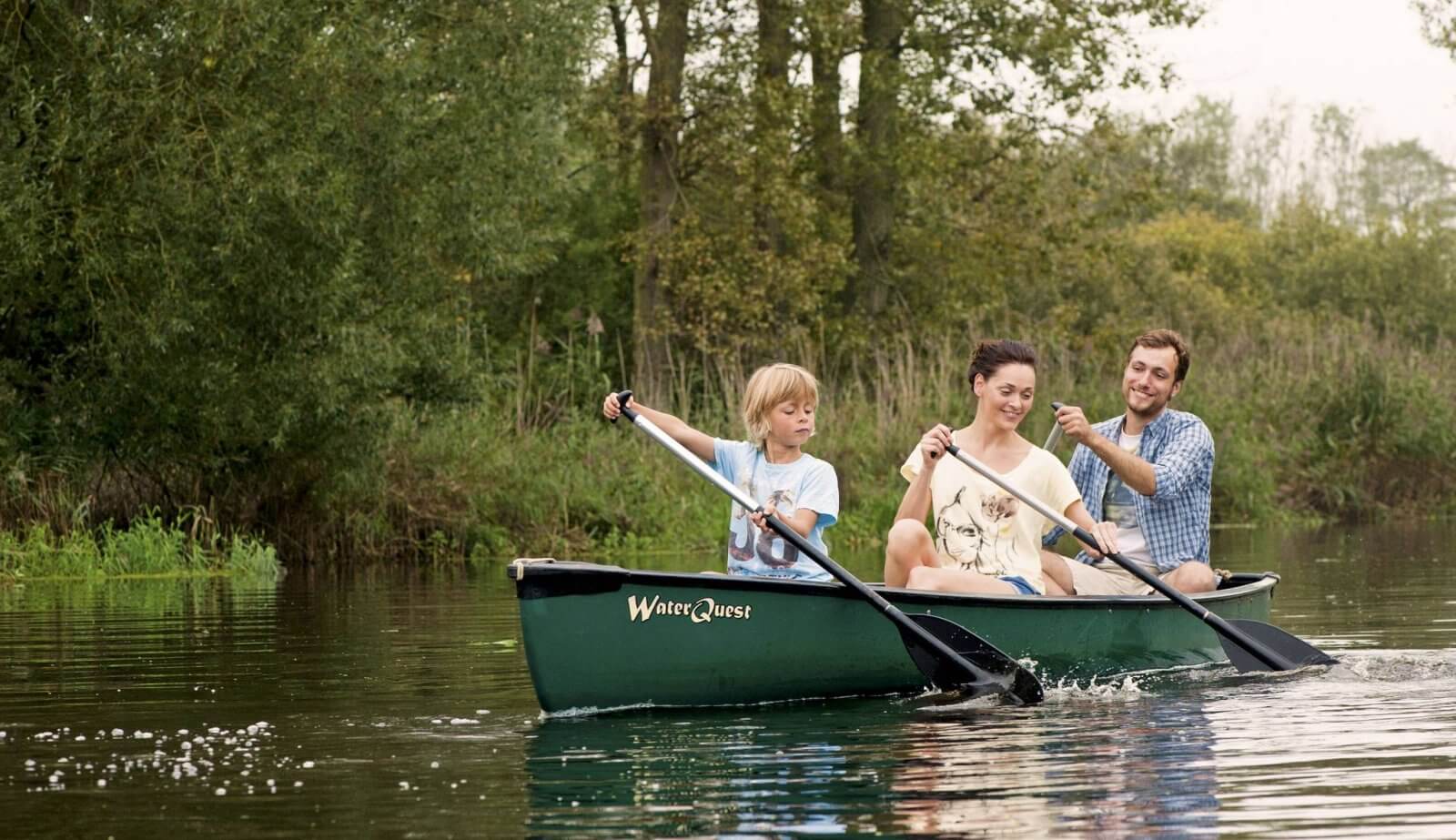
Questions for service providers
- Are the services related to nature or taking place outdoors in a natural setting? Explanation: It is commendable that as many as possible services are taking place outdoors in a natural setting. Yet, for venues that do not have a direct connection with nature, it is worth to design a space where the guest can meet with nature.
- Does the provider offer at least part of his services also during shoulder season or cold season? *Shoulder season April-May & Sept-Oct; Cold season Nov-Mar. A full employment around the year is an important social aspect. However, any commitment to extend the opening times beyond the main season in summer is already a step towards it and appreciated.
- Did the provider develop hospitality guidelines for positive interaction with his clients? Examples: A well-established inviting and service-oriented attitude; He makes the activities together with his guests; He is there in person if the customer needs assistance; He shows appreciation and rays out confidence.
Questions for producers
- Does the company have a strategy to minimize CO2-emissions for transport, both for receiving raw material and delivering products to the customers? Examples: Supply chain is as short as possible; Slower delivery (no express); CO2 compensation; Producing and/or using renewable energy; Water recovery.
- Does the company pay attention on quality of the raw materials rather than buying at the best price?
- Are your products in their natural state free of artificial additives?
